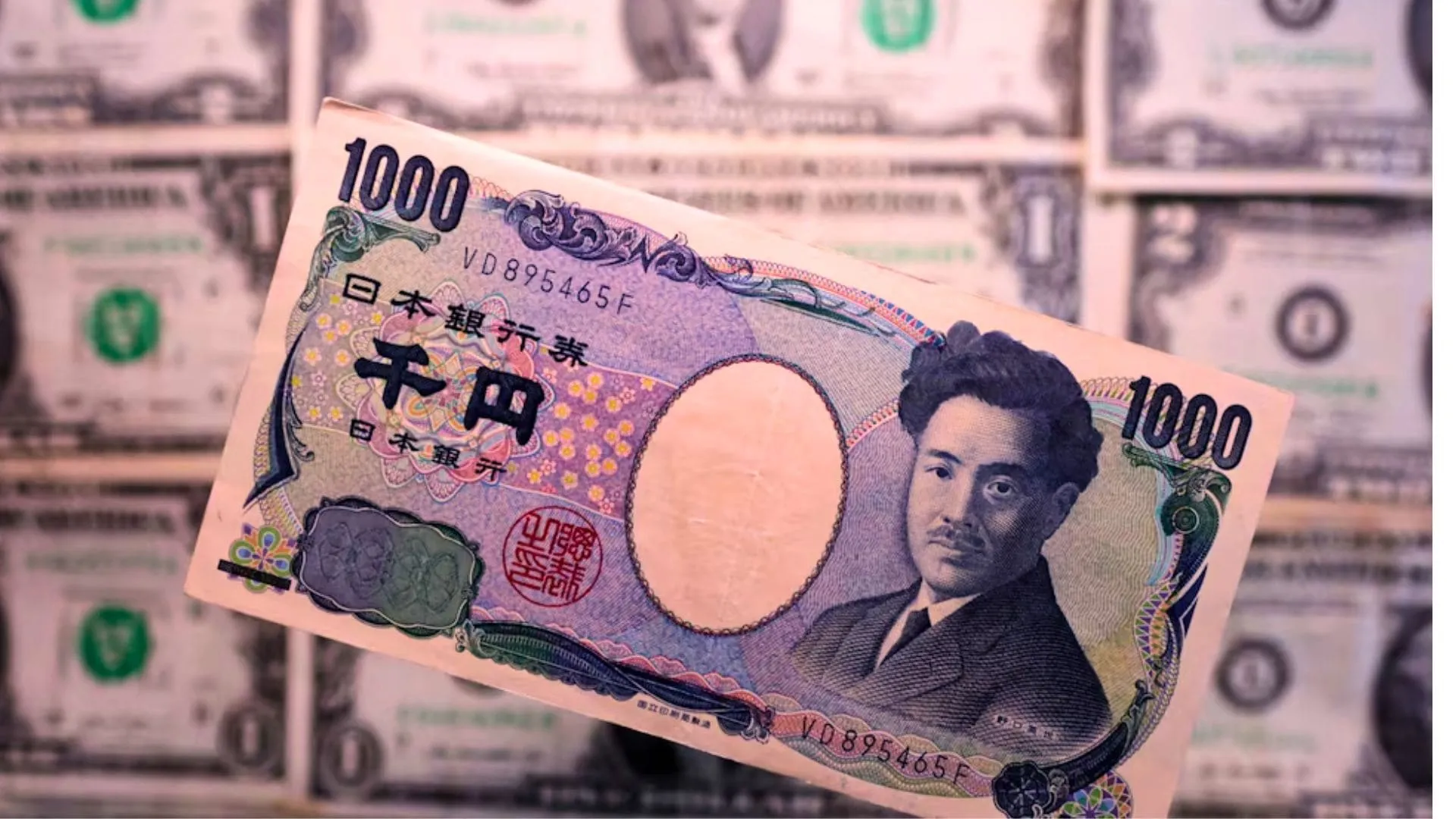Japan’s policy minister, Itsunori Onodera, recently stressed the importance of a stronger yen to curb rising living expenses in Japan. He contended that increasing Japan’s industrial competitiveness is crucial for making the currency stronger.
Onodera also dismissed applying Japan’s massive holdings of US Treasuries as leverage for future trade negotiations with the US. He emphatically stated that, as an ally, Japan shouldn’t play hardball using its Treasury holdings as a bargaining chip. He highlighted the value of having close diplomatic relations.
Enhancing the Yen Through Industrial Competitiveness
Onodera has said that the weakness of the yen has turbocharged inflation, particularly on the consumer front. He indicated that making Japan more competitive industrially is key to naturally helping the yen. By making Japanese firms stronger, Japan has the potential to increase its export-based economy. This, in turn, would assist in sustaining a strong currency. Onodera believes that this strategy would help cut the need for monetary interventions.
Japan policymaker wants stronger yen, says Tokyo shouldn’t sell Treasuries https://t.co/eSaorXNPrf
— CNBC International (@CNBCi) April 13, 2025
Secondly, enhancing efficiency in major sectors, including technology and manufacturing, would make Japanese corporations more sustainable. This approach would assist Japan in standing up to external forces and dampening the effects of variables such as volatile interest rates and tariffs on trade. Generally, a healthier economy would result in a stable yen.
Spurning the Use of US Treasury Holdings as Leverage
Responding to proposals that Japan might use its huge US Treasury holdings, valued at $1.079 trillion as of January, as a bargaining chip, Onodera strongly ruled out the possibility. He reiterated that, as an ally of the United States, Japan must not even consider using its Treasury holdings as a deliberate move. His position mirrors Japan’s willingness to continue amicable and cooperative trading relations with the United States.
Implications for Japan’s Economic Policy
Onodera’s remarks herald a change in the economic policy of Japan. Instead of depending on outside financial machinations, Japan is emphasizing domestic reforms. Through emphasis on industrial competitiveness, Japan is seeking to gain sustainable long-term economic growth. This move could have strong implications for future debate on monetary policy and exchange rates.
In sum, Onodera’s stance reflects Japan’s dedication to building its economy through domestic reform. His strategy benefits from stable economic growth and sustaining healthy international relations at the expense of short-term monetary strategies.























